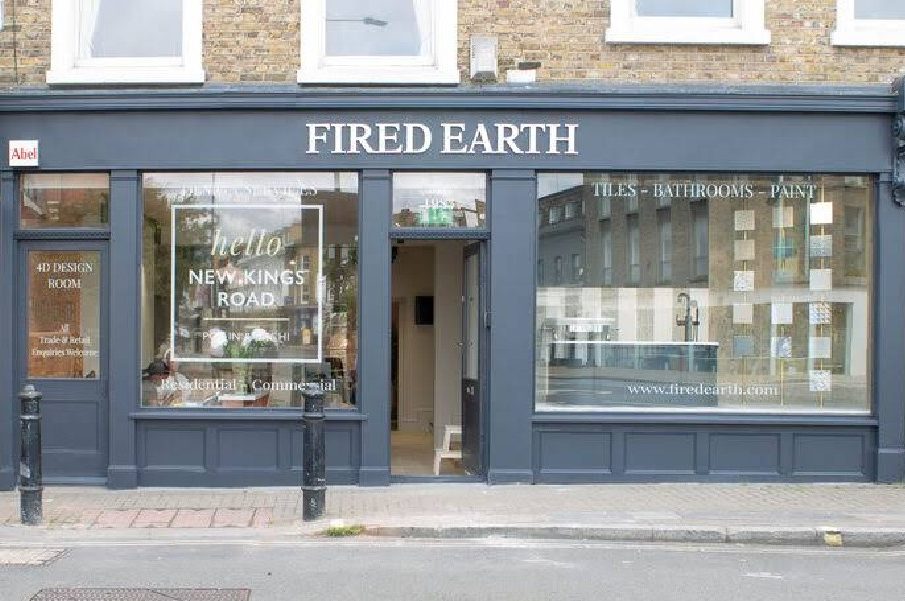The Closure of Homeware Retailer Fired Earth

Introduction
The recent announcement of homeware retailer Fired Earth’s closure has sent ripples through the UK’s interior design community. Known for its high-quality paint and finishes, Fired Earth has established itself as a go-to destination for homeowners and professionals alike. With a rich history dating back to 1983, the brand’s shuttering raises concerns about the impact on local design industries and consumer choices.
Details of the Closure
Fired Earth’s parent company, the global group of home furnishing brands, revealed the decision to close stores citing financial pressures exacerbated by the post-pandemic economic environment. The move will see all 20 retail locations in the UK closed by the end of this month. This includes flagship stores in cities like London, Birmingham, and Manchester. The news has prompted a wave of disappointment among loyal customers and those who sought unique and sustainable decorating options. Such products have been cherished for their craftsmanship and eco-friendly sourcing strategies.
Reactions and Consequences
Design enthusiasts have taken to social media to express their dismay over Fired Earth’s exit, reminiscing about the brand’s role in shaping contemporary home aesthetics. Industry experts point out that Fired Earth’s departure is reflective of a larger trend within the hobbyist and DIY markets; brands that do not adapt to rapidly changing consumer preferences often face closure. The company’s lack of diversification in its online presence may have also contributed to its downfall, as more shoppers turned to e-commerce during the pandemic.
Forecasts and Significance
The closure of Fired Earth serves as a stark reminder for retailers about the importance of agility in a dynamic market. While the immediate impact signifies a loss for the current homeowners aiming to elevate their spaces, it also raises questions about the future landscape of the homeware sector in the UK. Competitors may see this as an opportunity to fill the gap left behind, but the essence of Fired Earth—its focus on quality and heritage—will be challenging to replicate.
In conclusion, the closing of Fired Earth not only affects its employees and loyal customer base but also contributes to the evolving narrative of retail in a post-COVID world. It prompts both consumers and businesses to rethink their relationship with physical stores and digital marketplaces. As the dust settles, it will be crucial for remaining retailers to take lessons from Fired Earth’s trajectory to avoid a similar fate.









